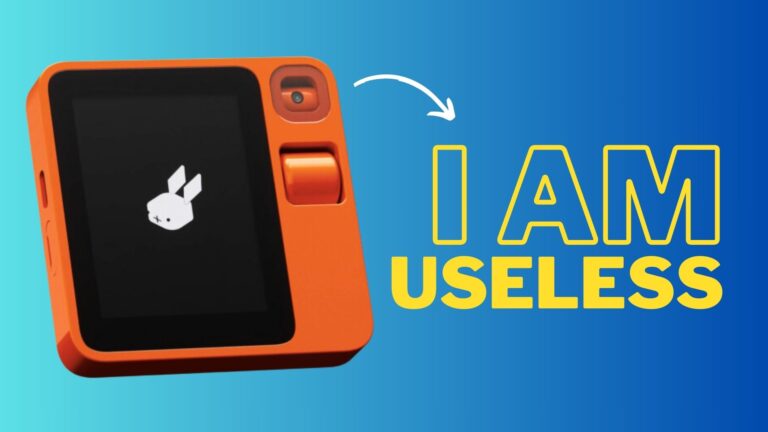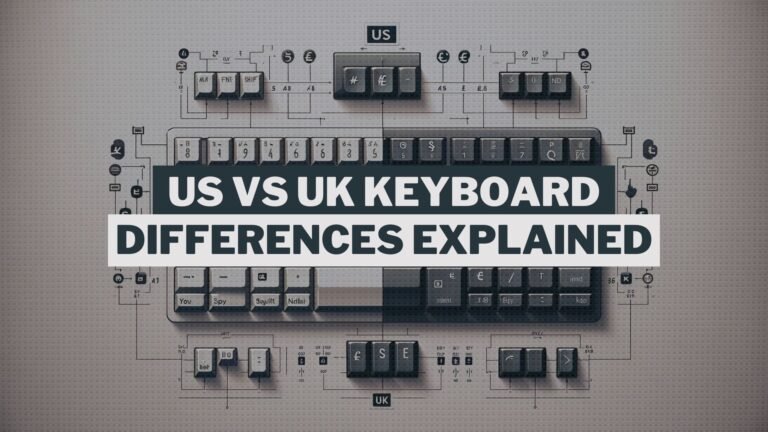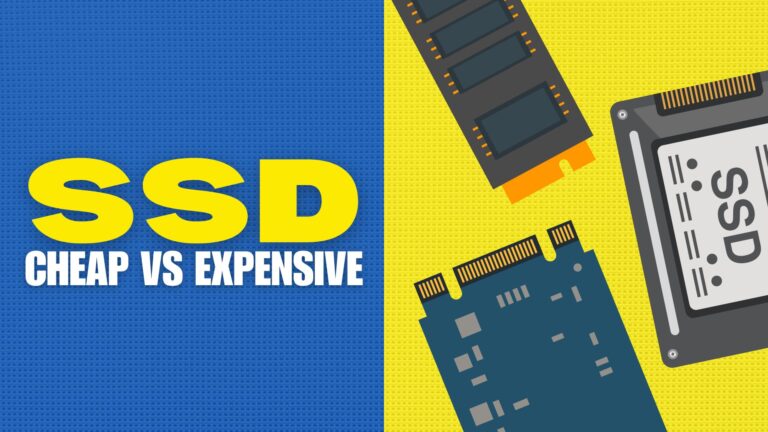Every web user has come across a browser address bar that starts with http://. This is called an HTTP header. It is a protocol that transmits your browser requests to the website and back to your computer.
HTTP headers are the core element in web scraping. They help a scraper transfer information through HTTP requests and HTTP responses.
So, What Is Web Scraping?
This is the process of extracting useful information from a website using software or an application. It is a technique for gathering publicly available data that’s useful for your business automatically to mimic human browsing behavior.
The automation in web scraping helps efficiently retrieve large amounts of data, saving a lot of time for a business.
The ability to retrieve large data from a site in an automated way has its downside. It can slow down a website or cause server breakdown. It is for this reason that websites block web scraping.
What are some of the Methods Used to Reduce Blocks While Scraping?
One of the major challenges in web scraping is getting blocked by target servers. This means you are blocked from accessing and retrieving data you are interested in. This can be discouraging, especially when a company depends on such information to make business decisions. The good news is, there are methods used to reduce blocks while scraping.
Use of Proxies
Proxies act as an intermediary for sending requests to websites, masking the real IP address of the one sending the request. They are gateways through which online requests first go through while retrieving information.
For example, when you search the internet, the proxy receives your requests and either draws a response from a local cache or forwards it to the relevant server. The proxy then sends the request back to you with the information you are searching for. That is how important proxies are in web scraping. For web scraping, you can use different types of proxies. The most common types are datacenter and residential proxies. Also, you can use shared, dedicated, or HTTP proxy. It depends on your tasks and target complexity.
But How do Proxies Help to Reduce Blocks While Scraping?
They do this by hiding or masking the real IP address. This method works well because when a site detects numerous requests from a single IP address, it easily blocks it.
It is, however, important to note that, using a single IP address proxy will still expose you to blocks. Businesses should create or buy a proxy with a pool of IP addresses. Using these addresses randomly to send different requests will decrease the chances of being blocked.
Avoiding Websites with Login
Another method used to reduce blocks while web scraping in Login. Login is when you require permission to access certain websites. In web scraping, it is better to avoid such websites, and here is why:
When logins protect a site, you will have to send cookies with each of your requests to access the page. This exposes you to blocks because the website can see requests coming from the same address.
IP Rotation
When web scraping, a site can see your IP address. You are, therefore, more likely to be blocked if you send all your requests with the same address. IP rotation helps to avoid blocks by using several different IP addresses to send requests.
For example, a company can purchase data center proxies to enable IP rotation. Data center proxies provide a variety of IP addresses to choose from. This helps to avoid blocks caused by single IP address requests.
Set a Referrer Header
A site is likely to receive you well if you declare your origin, or where you are coming from. A referrer header is an HTTP request header that makes it appear like you are arriving from an authentic site.
Referrer header makes your request look like it is coming from a site the website would be expecting a lot of traffic from, for example, google. This minimizes your chances of being blocked.
How Do Using & Optimizing HTTP Headers Ensure More Effective Scraping?
Effective web scraping can be challenging, especially from sites that do not believe in open-data access. Any web scraping that does not provide a business with quality data is useless.
Therefore, businesses need to employ scraping techniques that promote effective scraping. Below is a short description of how using and optimizing HTTP headers can ensure effective scraping.
Decreased Chances of Being Blocked While Scraping
One of the major challenges in web scraping is being blocked. This means a scraper cannot access or retrieve data from a site. Using and optimizing HTTP headers can help reduce the chances of being blocked significantly.
HTTP headers carry additional content to web servers. This makes the internet request appear like it is originating from an organic user, making it highly unlikely to be blocked.
Quality of Data
One key element in web scraping that is often overlooked is data quality. Data quality can be the determining factor to fail or give your business a competitive edge. Therefore, it should be the most important consideration in any web scraping project.
Optimizing HTTP headers will help your business retrieve relevant, and quality data by ensuring the collected data is accurate and clean.
What are some of the uses of web scraping in business?
There are many ways in which companies are using web scraping to grow business. Here are a few examples.
- Generating quality leads for the sales team.
- Capitalizing on market gaps by staying informed about your competitor’s mistakes, products, and practices.
- Having up-to-date market research with high quality and reliable market data.
- Making informed data-driven business decisions based on actionable insights from retrieved data.
- Use web scraping to ensure your products and prices are optimized.
Conclusion
For a company to benefit from web scraping and grow its business, consistency is key. This kind of consistency cannot be achieved if there are hindrances to accessing useful data. It is, therefore, important for scrapers to employ the best web scraping practices.
Responsible web scraping is one such practice. This includes using the right scraping mechanisms to ensure the performance of the website is not affected and respecting a site`s crawling policies.






